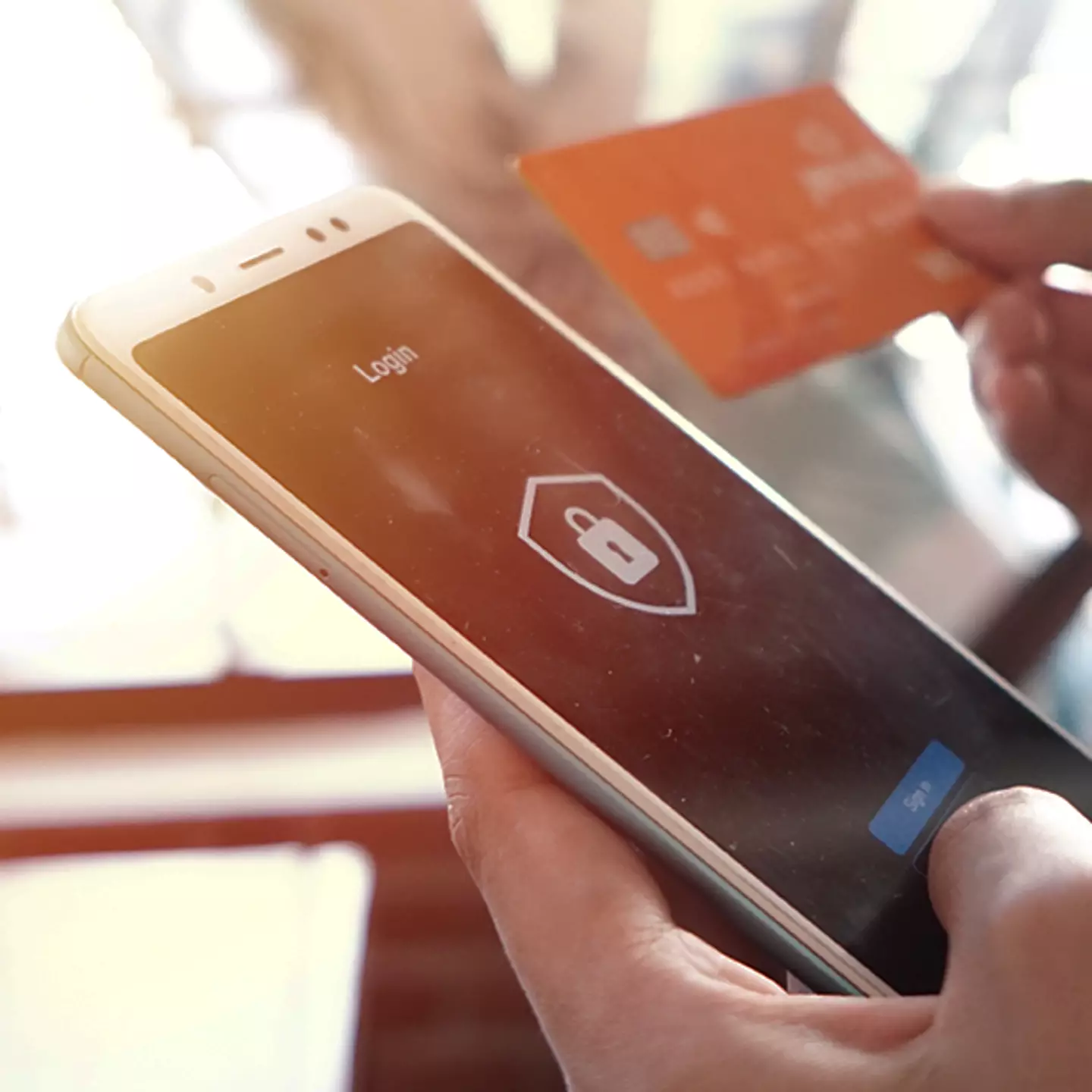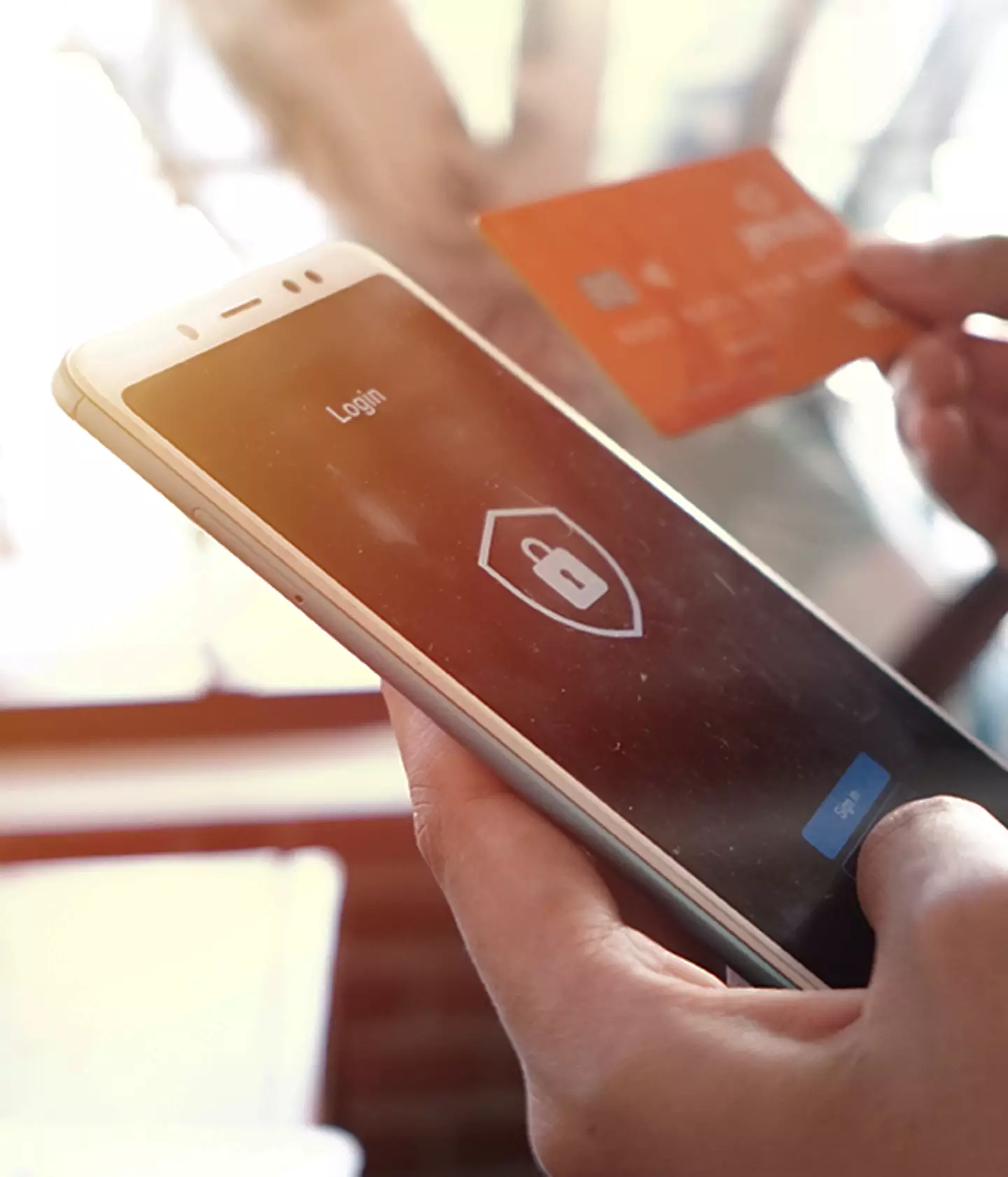
There's no better person to teach you about maintaining top-notch security on your phone than a professional hacker.
Kieran Burge is a security consultant at Prism Infosec which essentially makes him a legal hacker. His role allows him to test companies' cybersecurity to find weaknesses before criminals can exploit them.
Burge reveals the five common mistakes that leave your smartphone vulnerable to hacking.
Using out-of-date software
Advert
The penetration tester explained that 'out-of-date software is a really big issue because, if the software has been updated, it's probably because there is a security issue.'
Without these updates, sensitive data can be stolen and sometimes 'people can [...] take control of the software,' according to Burge.
Make sure to always keep your apps and operating system up to date.

Advert
Reusing passwords
Another way hackers can access your data is by getting ahold of reused passwords.
Burge said: 'No matter what site you're giving information to you, you don't know what they're going to do with that information or how they're going to protect it.'
The danger of using the same passwords is that if a single one is compromised, it acts as a gateway to all of your other accounts.
Advert
'There are going to be databases out there with user name and password combinations for your accounts,' he continued.
'If you're reusing passwords then any hacker can take that combination and use it to take control of another company.'
Make sure you're not using any of these most common passwords of 2023.
Oversharing online
Advert
Hackers will gather your personal information online such as your date of birth, address and even the answers to security questions like your mother's maiden name. This is made all the more easier when this information is readily available online.
'On a personal level, for someone in their day-to-day activities one of the most important things that people need to think about is how much information they're sharing online,' Burge said.
Social media is the culprit here. Sharing a photo or two here is fine, but sharing too much about your family history without proper privitisation measures in place can put you at risk.

Advert
Connecting to unprotected public networks
Whilst connecting to public Wi-Fi is convenient to save on mobile data, it's a prime target for cybercriminals.
'In the last few years, something that's become a lot more important is remote working,' Burge added.
'A big part of that involves people going to cafes like Starbucks and connecting to their public Wi-Fi.'
The lack of encryption on public networks means that anyone on the same network can potentially intercept your data without having to use identity verification.
To stay safe on public networks, and avoid personal data being stolen, Burge recommends always using a VPN. These services encrypt your data and keep your online activity private.
Clicking suspicious links
This last one seems simple yet is still the most common way that people get hacked, according to the cybersecurity expert.
Hackers hide malware in links and files that, once clicked, allow them entry to install them on your device - and even take control.
'You need to be vigilant of anyone that is sending you something when you don't expect it,' Kieran concluded.
'Don't click on dodgy links, don't download dodgy files, don't fall into their trap.'